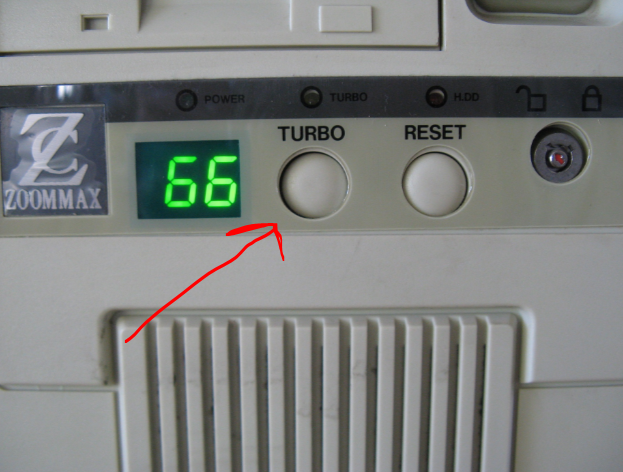Depending on how tight your budget is and what kind of goal you're shooting for, consider getting a used video card from a previous generation. A GTX 980, for example. Check if the used prices give you a better bang/buck ratio than a new 1000 series Nvidia GPU would by looking up some benchmarks of the new cards.
Here's a quick and dirty example.
This TechPowerup review of the 1060 6GB shows that, in summary and on average, a GTX 980 4GB performs 1% worse than the 1060 at 1080p resolutions.
Getting a new 1060 that is actually in stock at the moment would cost me about 280 euros.
In my area, the cheapest used GTX 980, which also happens to have a factory overclock (possibly
faster than the 1060 then), has an asking price of 250 euros.
Sacrifice 1% performance, save 30 buckaroos.
Of course there are some holes you can poke in this approach: more work to research what you want, the hassle of buying used, possibly getting scammed, the question of whether there's any warranty left on the card, you miss out on some latest-generation bells & whistles, the fact that older generation cards are less efficient (read: need stronger power supply for same level of performance), possible wear & tear on the fans, potential OC damage, having 2GB VRAM less makes it less future-proof, and so on and so forth.
It would still be my preferred approach, but I've been building PCs for almost ten years so I'm comfortable with all this. Also, I simply care a lot about bang for buck and less about performance on its own. If you're willing to put in the effort, this approach will save you money.




